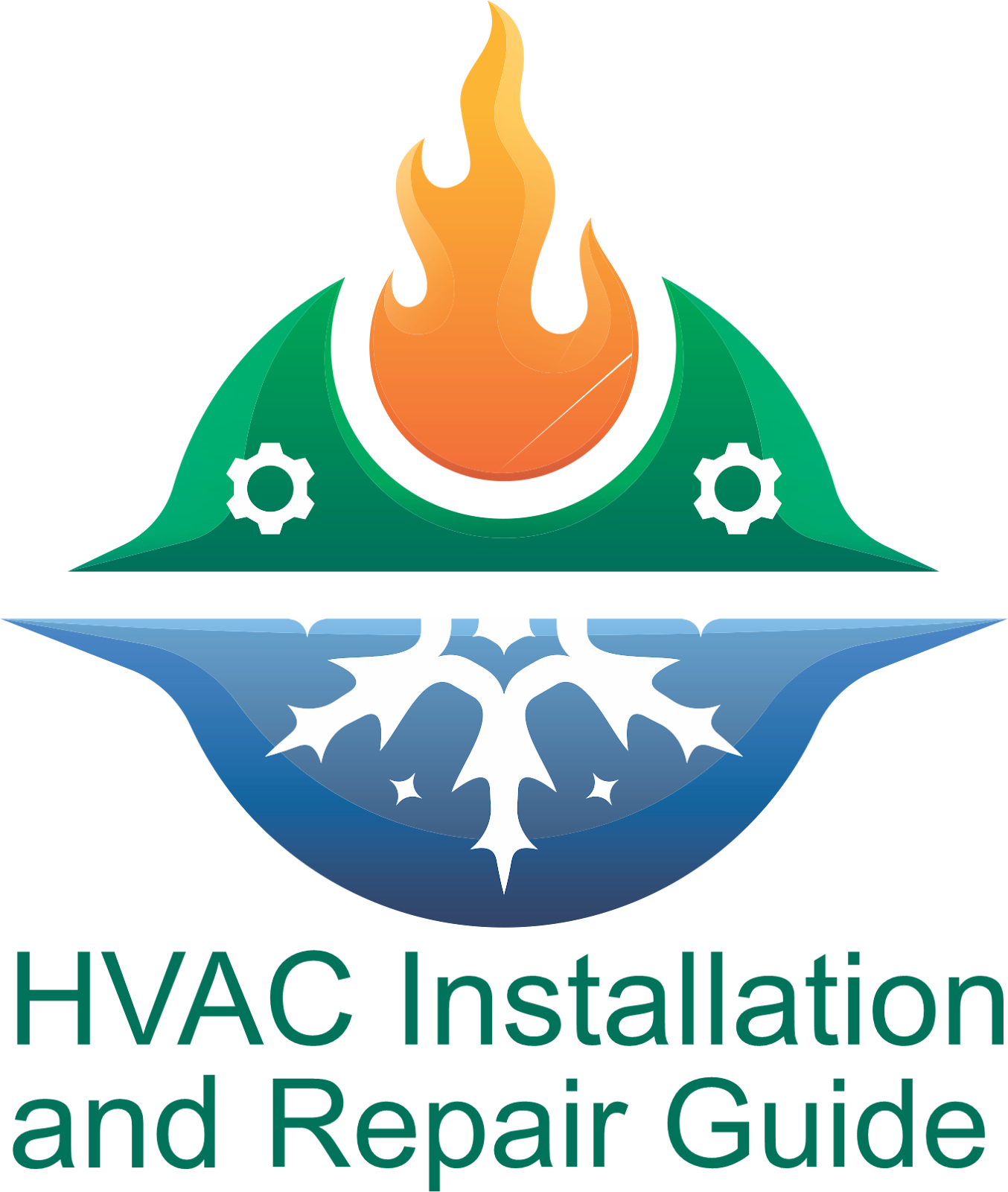When my HVAC is on, Why is it Blowing Cold Air?
It can be annoying and uncomfortable when your HVAC (heating, ventilation, and air conditioning) system blows chilly air. This difficulty could be caused by several things, from small problems to bigger worries. This blog will discuss frequent causes of cold air coming from your HVAC system and offer advice on how to fix them.
1. Setting the Thermostat
The most basic cause of chilly air flowing from an HVAC system is frequently misconfigured thermostat settings. In this section, we'll go over how to verify and adjust these settings.
- Thermostat Mode: Check that the "heat" setting on your thermostat is selected rather than "cool" or "fan."
- Temperature Settings: Ensure the temperature is set higher than the ambient temperature.
- Check the batteries: For certain thermostats to operate properly, batteries are needed. If the batteries are dead or low on power, replace them.
- Programming problems: Verify that the schedule is properly established on thermostats that can be programmed.
2. Blockages in Air Filters
Summary: In conclusion, blocked or dirty air filters can impede airflow and lead to HVAC system malfunctions. This section explains the significance of keeping clean air filters.
- Diminished Airflow: When an air filter becomes clogged, warm air cannot circulate as it should, which causes chilly air to blast from the vents.
- Filter Maintenance: Depending on usage and environmental conditions, air filters should be checked and changed regularly, usually every one to three months.
- Sorts of Filters: Recognize the various kinds of air filters (such as washable, disposable, and HEPA) and select the one that best suits your demands and system.
3. Problems with Ignition or Pilot Light
In summary, issues with the pilot light or electrical ignition may impede the HVAC system's ability to generate warm air. This section covers how to recognize and troubleshoot these problems.
- Pilot Light: In older systems, make sure the pilot light is on. If it frequently goes out, there might be a more serious problem that requires medical care.
- Electronic Ignition: Sensor or control board problems can cause electronic ignition, which is used in modern systems, to fail. Suppose the ignition system malfunctions; an expert inspection and repair are required.
4. Leaks in Ductwork
Summary: Warm air may escape from your living areas before it has a chance due to leaks or damage in the ducting. This section covers the identification and repair of ducting issues.
- Signs of Leaks: Keep an eye out for obvious leak indicators, such as loose joints, gaps, or holes in the ducting.
- Expert Inspection: To guarantee effective airflow, have a qualified HVAC specialist check the ductwork and plug any leaks.
- Duct Insulation: As air passes through the system, properly insulated ducts help keep the air at a consistent temperature.
5. Dangerous Heating Components
In summary, the system's inability to generate warm air may be caused by issues with the heat exchanger or heating elements. This section covers the diagnosis and treatment of these mechanical problems.
- Failure of the Heating Element: Heating elements, which are the foundation of electric HVAC systems, can deteriorate over time and require replacement.
- Problems with the Heat Exchanger: In gas systems, a broken or cracked heat exchanger can lead to harmful gas leaks and hinder proper heating. This needs to be looked after by professionals right now.
- Regular Maintenance: Regular professional maintenance inspections can help find and fix these problems before they get worse.
6. Low Levels of Refrigerant
Refrigerant is generally thought to be related to cooling; however, low amounts can interfere with the heat pump system's ability to heat. This section discusses the function of refrigerants in heating.
- Heat Pump Systems: Refrigerant is utilized in heat pump systems for both cooling and heating purposes. Low refrigerant levels can impede the efficiency of the system's heating.
- Professional Recharge: Because of the intricacy and safety issues involved, refrigerant levels should only be checked and recharged by a professional HVAC expert.
7. Problems with System Size and Installation
In summary, a midsized or poorly installed HVAC system can result in several malfunctions, such as frigid air blowing. This section covers the significance of proper size and installation.
- Appropriate Sizing: Inefficient functioning and uneven temperature can result from an HVAC system that is too big or small for your room.
- Expert Installation: Make sure the people installing your HVAC system are trained experts who can confirm the system's suitability for your house's size and design.
Conclusion
There are several different reasons why an HVAC system can blow cold air, ranging from straightforward thermostat settings to more involved mechanical breakdowns. By being aware of these typical issues and performing routine maintenance, you can ensure your system runs well and gives you the comfort you require. When in doubt, seek the advice of a qualified HVAC specialist to identify and resolve any enduring problems.

